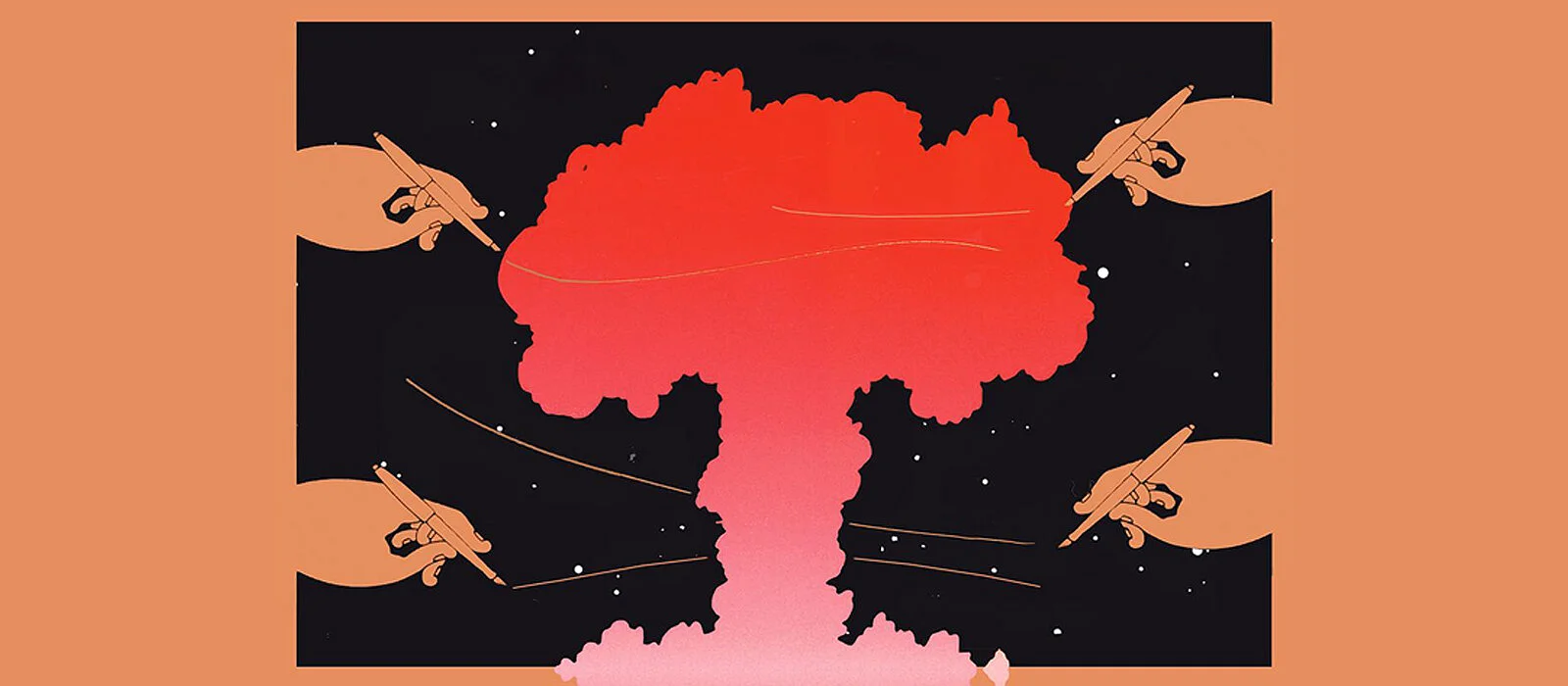Hiroshima Diary: The Journal of a Japanese Physician, August 6-September 30, 1945
By: Michihiko Hachiya MD / Narrated By: Robertson Dean
Length: 8 hrs and 53 mins
Boooooo, Robertson DEAN! …but at least he didn’t ruin this one…! Verrrry touching, soul-stirring
I’ve got this thing about Robertson Dean and his danged-near monotone deliveries/narrations. He’s done soooo many of my much-loved Military Histories within my Library, so I HAVE to put up with him; it’s just that I groan when I see a real doozy that I wanna listen to, and once I purchase the audiobook and listen to it, I jack my x1.25 listening speed up to at leeeeeast x1.6/x1.75 speed. Seriously, otherwise his droning has me dozing.
So that’s where my mindset was at the get-go when I saw this, Hiroshima Diary, by Michihiko Hachiya MD (And how on earth did my laptop’s Auto Suggest know the good doctor’s spelling as I was typing his name?!?).
We’ve just passed the 75th anniversary of the atomic bombing of Hiroshima this week, and late this past July, the Hiroshima Court FINALLY recognized victims of the “Black Rain” as having rights to paid medical care; these were individuals who suffered outside the “Official” blast zones, but who’ve suffered cancers, cataracts, illnesses due to ingestion of and exposure to radiation. Here in 2020? Yikes; and to say that some of those who were pushing for recognition and care died before it was granted by the Courts is damning and oh so human and bureaucratic.
I got on a bit of a soap box over on my review of Nagasaki, so I’ll spare y’all that here. I know I know I know: If there’d been no Pearl Harbor, there’d have been no Hiroshima/Nagasaki—there’s THAT train of thought. Then there’s: They were just citizens, how could we do that to fellow human beings, especially those who are doing no harm?!?
So there’s THAT too.
But let’s get to what a heartbreaking work Hiroshima Diary is. It’s Dr. Michihiko Hachiya’s journal starting just after the bomb was dropped at the beginning of August and doesn’t go even until October. It’s a daily In-Your-Face diary of unspeakable suffering which he writes about. That he’s a doctor gives it just a biiiiiit of a medical view, just a biiiiit of emotional distance which, quite frankly, is a relief.
Because what he sees is truly awful. He’s wounded severely in the blast, and he slowly makes his pained way to the hospital where he usually works. Instead of treating the horrifically wounded as they begin streaming into the devastated hospital, he’s being treated himself by surviving nurses and doctors who weep to see the condition he’s in.
As he lies on his mat, he chronicles from day to day each of his fellow patients. They’re crammed in with each other, with those who didn’t make it through the night taken out as time goes by. He assesses them as he suffers quietly, makes friends with them, cares for them, grieves for them as they die. It’s truly overwhelming how close they all become as they endure agonizing treatment, and the doctor feels they are like family—because unless they die, their devastating wounds have sentenced them to hell for the long haul.
Throughout it, the good doctor expresses gratitude for even the smallest things. A bit of fish? Oh soooo tasty, and such a treat after daily thin rice gruel. A candle? Oh what light; never has there been such wondrous light in their dark nights. A beautiful young woman? Yes, her body is burned beyond recognition; but look how her smile lights the room and makes people sing.
I can’t even begin to imagine such a sense of gratitude (Here as I quibble and whine as I Covid through my months). But Dr. Hachiya is such a good man, such a gentle man, and he writes and loves and treats others with such compassion. Even as he gets a bit better and starts thinking about why, after surviving physical injuries, people are getting sick and dying—essentially kicking into scientific doctor mode—he’s never anything but kind to the patients, to the strangers flooding into the premises. When a microscope is found, he’s like a little boy, staring, analyzing, wondering about white blood cell counts, and he puts pieces of the puzzle together.
The most disheartening part to me, just a listener, comes when there are rumors that Allied (American) Forces will be landing and that the Emperor will be addressing the country. Dr. Hachiya groans: He knows these people, suffering so much, dying on the floor, will be asked to take up spears, to drag their bodies upright to fight and die with honor. That that was the bone-true belief for the common Japanese citizen? Well-documented, definitely true. But still devastating after listening to how much these people were suffering already.
It all ends rather abruptly, the situation in the hospital improves somewhat as supplies and real information start getting to staff. But still, I came to care a great deal for the man, for the other victims, and I dearly wished for more.
This runs as a very short 8+ hours (okay okay okay: Almost 9); it just flies by because EVERYthing is devastating, a bit graphic.
But with Hachiya, surviving his injuries, slowly picking himself up to go do hospital rounds; with him smiling at an unnamed beautiful young girl (And we don’t know if she makes it); with him tasting a piece of fruit and feeling so grateful?
I’m forever moved by this book. …even if it IS narrated by Robertson Dean…!
As an Amazon Associate, I earn from qualifying purchases.




